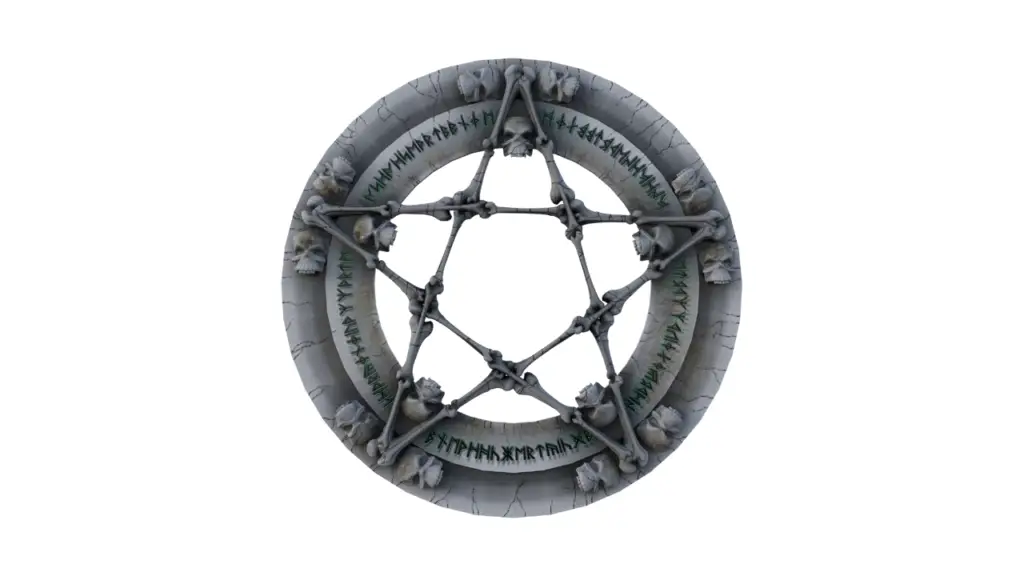
Shaitan Meaning in Islam

Introduction
In Islam, the concept of Shaitan holds a profound theological and moral significance. Shaitan, often referred to as Satan, plays a significant role in Islamic teachings as a symbol of temptation, evil, and the forces that oppose righteousness. The understanding of Shaitan goes beyond its literal meaning, encompassing a complex narrative that highlights the eternal struggle between good and evil.
Origins and Nature of Shaitan
The term “Shaitan” is derived from the Arabic word “شَيْطَان” (Shayṭān), which means “rebellious” or “distant.” In Islamic theology, Shaitan refers to a class of beings created from smokeless fire, distinct from angels who are created from light. The most prominent among the Shaitan is Iblis, who was once a devout worshipper of Allah but fell from grace due to his refusal to bow before the first human, Adam.
Iblis’ arrogance and rebellion led to his condemnation, making him the ultimate embodiment of evil in Islamic belief. He swore enmity to humankind and pledged to lead them astray from the path of righteousness until the Day of Judgment. This eternal struggle between the forces of good and Shaitan forms a central theme in Islamic teachings.
Role and Influence
Shaitan’s primary role is to tempt individuals away from their faith and moral values. It is believed that Shaitan exploits human weaknesses, desires, and vulnerabilities to lead them into sin. Shaitan’s methods include whispering evil thoughts, promoting pride and arrogance, and inciting doubts about the truth of Islam. Islam emphasizes the importance of resisting these temptations and seeking refuge in Allah from the influence of Shaitan through various supplications and practices.Islamic teachings warn believers against falling prey to Shaitan’s schemes, stressing the importance of self-awareness, self-discipline, and seeking Allah’s protection. The Quran and Hadith literature provide numerous examples of Shaitan’s tactics and offer guidance on how to combat them.

Counteracting Shaitan’s Influence
Islam provides a comprehensive framework to shield oneself from the influence of Shaitan. This includes performing daily prayers (Salat), reciting the Quran, seeking knowledge, engaging in acts of charity, and cultivating humility and gratitude. The Five Pillars of Islam serve as a foundation for strengthening one’s faith and resisting Shaitan’s allure.
Furthermore, fasting during the holy month of Ramadan is seen as a way to curb worldly desires and build spiritual resilience against Shaitan’s temptations. The pilgrimage to Mecca (Hajj) also symbolizes Muslims’ collective commitment to resisting Shaitan’s pull and seeking forgiveness from Allah.
Theological Reflections
The concept of Shaitan in Islam raises important theological questions about the nature of free will, the existence of evil, and the mercy of Allah. Shaitan’s existence is seen as a test of human character and commitment to faith. The ability to choose between right and wrong, even in the face of Shaitan’s temptations, demonstrates the depth of human responsibility and accountability.
Additionally, Shaitan’s role in Islamic teachings underscores the profound mercy of Allah. While Shaitan seeks to misguide humans, Allah’s mercy is boundless, and sincere repentance is believed to erase sins and offer a way back to righteousness.
Conclusion
In the realm of Islam, the concept of Shaitan stands as an enduring testament to the ceaseless clash between virtue and vice. It resonates deeply with the profound importance of human volition, the weight of personal responsibility, and the timeless battle to opt for moral rectitude over seductive allurements. This intricate narrative of Shaitan’s role accentuates the gravity of human choices and underscores the unending quest for righteousness, often pitted against insidious temptation. Through a comprehensive comprehension of Shaitan’s strategies and a steadfast adherence to the precepts of Islam, adherents can construct an impregnable fortress against the encroachment of malevolence. By nurturing an unshakeable faith, embarking on genuine acts of contrition, and fervently seeking Allah’s divine guidance, the Muslim faithful can transcend the clutches of Shaitan’s influence, thereby embarking on a transformative journey of spiritual enrichment and ultimate redemption.

Faqs About Shaitan
What does the Shaitan Meaning in Islam?
In Islam, “Shaitan” refers to beings created from smokeless fire, distinct from angels. It embodies rebellion, temptation, and evil. The primary Shaitan is Iblis, who refused to bow to Adam and became the ultimate symbol of defiance against Allah.
How does Shaitan influence individuals?
Shaitan tempts individuals through whispers of evil thoughts, promoting arrogance, and inciting doubts about faith. It preys on human vulnerabilities to lead them away from righteousness.
What is the significance of Shaitan’s role in Islamic teachings?
Shaitan’s role highlights the eternal struggle between good and evil. It serves as a test of human free will and accountability, emphasizing the importance of resisting temptations and seeking Allah’s protection.
How can one protect themselves from Shaitan’s influence?
Muslims are advised to perform daily prayers, recite the Quran, seek knowledge, engage in acts of charity, and cultivate humility. The Five Pillars of Islam provide a foundation to resist Shaitan’s allure.
Is there a connection between Shaitan and the concept of free will?
Yes, Shaitan’s existence raises questions about free will. Choosing righteousness despite Shaitan’s temptations demonstrates the depth of human responsibility and accountability.
How is the concept of Shaitan a reflection of Allah’s mercy?
Despite Shaitan’s efforts to misguide, Allah’s mercy is limitless. Sincere repentance is believed to erase sins, offering a path back to righteousness.
What are some Islamic practices that help counteract Shaitan’s influence?
Fasting during Ramadan curbs desires, and the pilgrimage to Mecca (Hajj) symbolizes resistance against Shaitan’s pull. Reciting specific supplications and seeking refuge in Allah also provide protection.
How does the struggle against Shaitan contribute to spiritual growth?
Resisting Shaitan’s temptations and adhering to Islamic teachings fosters spiritual growth, strengthens faith, and brings believers closer to Allah.
Does the concept of Shaitan exist in other Abrahamic religions?
Yes, similar concepts exist in Christianity and Judaism, where Satan is considered a figure of evil and temptation, challenging believers’ faith and commitment to their respective religions.
Can sincere repentance overcome the influence of Shaitan?
Yes, in Islam, sincere repentance and seeking Allah’s forgiveness are believed to counteract the effects of Shaitan’s temptations, demonstrating Allah’s compassion and the potential for redemption.





